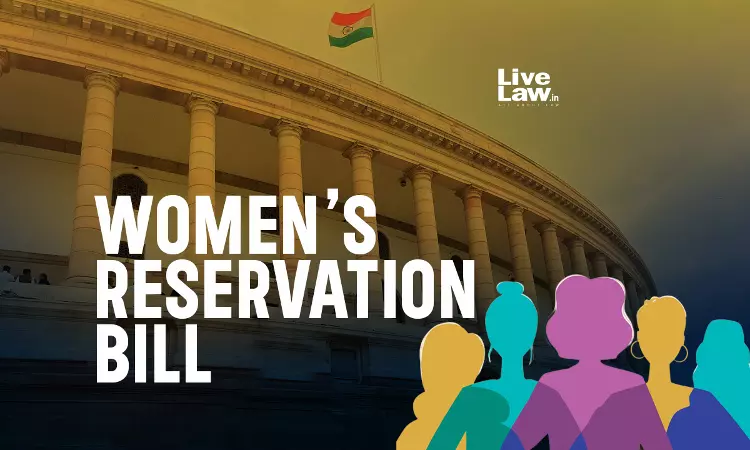BREAKING| Lok Sabha Passes Women's Reservation Bill, 454 MPs Supporting & 2 Against
Awstika Das
20 Sept 2023 9:05 PM IST

Next Story
20 Sept 2023 9:05 PM IST
The Lok Sabha on Wednesday (September 20) passed the Bill proposing to reserve one-third of all seats for women in the Lok Sabha, the state legislatures, and the Delhi legislative assembly. The Constitution (One Hundred and Twenty-eight Amendment) Bill 2023, which was introduced by Union Law Minister Arjun Ram Meghwal yesterday on the second day of the special session of the Parliament,...
